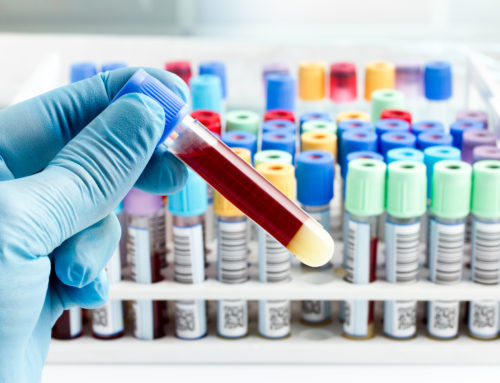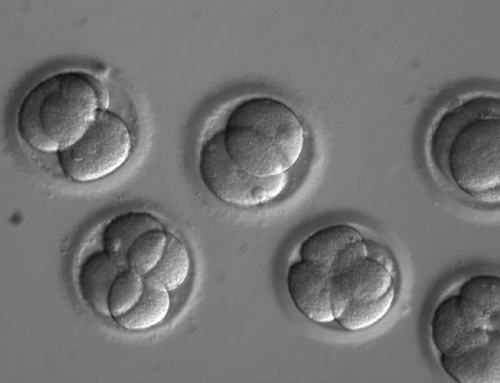Gestational Carrier
Surrogacy is not legal in New Jersey, but the use of a gestational carrier is. The difference between the two is whether there is a biological bond between the woman who carries the baby or not.
A surrogate is a woman who uses her own egg for fertilization and carries the baby to term. Thus, she is the biological mother of the child. New Jersey does not allow surrogacy.
A gestational carrier is not the biological mother of the child as she does not provide the egg that was fertilized in order to create the baby. In the case of a gestational carrier, the intended mother uses her own egg in the fertilization process that happens in a laboratory, called in vitro fertilization (IVF).
Or, if the intended mother is unable to produce a viable egg for fertilization, an egg donor may be used, but the egg used cannot have been produced by the same woman who will carry the baby to term.
Who Needs a Gestational Carrier?
You may be advised to use a gestational carrier if :
-
you have medical problems which would harm the fetus or threaten the life of the mother
-
you have had a hysterectomy
-
you have untreatable or too many uterine issues
-
other fertility treatments have failed
-
you will be a single dad
-
you are a gay male couple
In Vitro Fertilization (IVF) with a gestational carrier is a form of what we call third party reproduction, since it uses three individuals, or “parties”. It is one of the most complex forms of fertility treatment available.
There are other parties involved in the IVF + Gestational Carrier process that our nursing staff will help coordinate with. For example, we will refer you to a lawyer with gestational carrier experience and a psychological professional to ensure all parties are well prepared for the experience.
If you’re considering using a gestational carrier in order to become a parent, you’ll be spending a lot of time with the fertility care team. Be sure to carefully select a practice well-known for highly personalized care.





